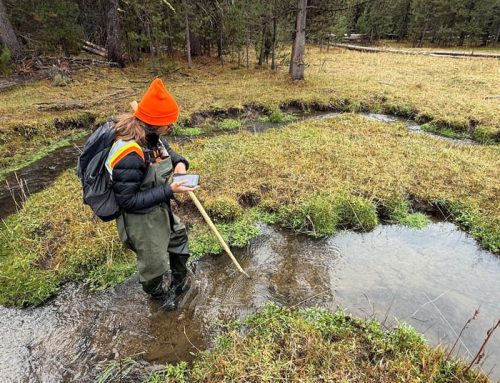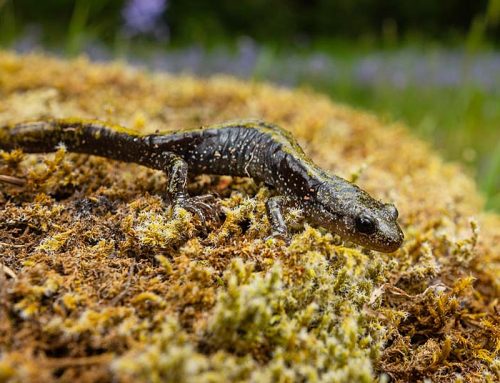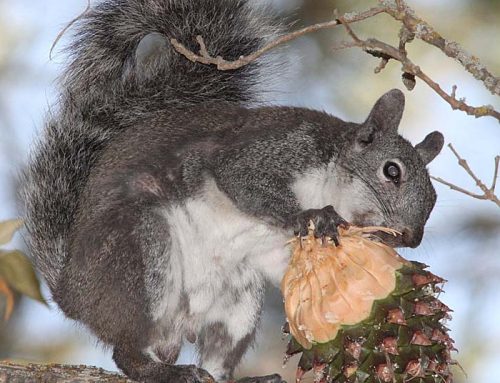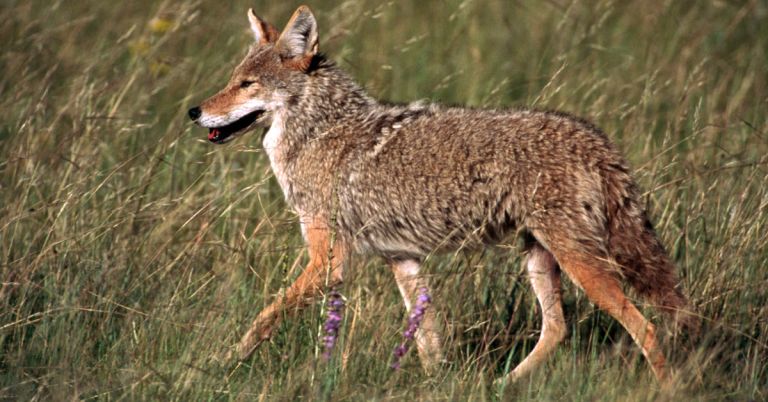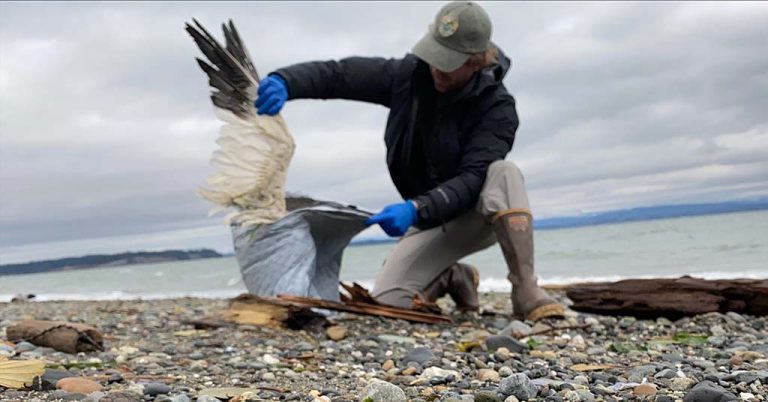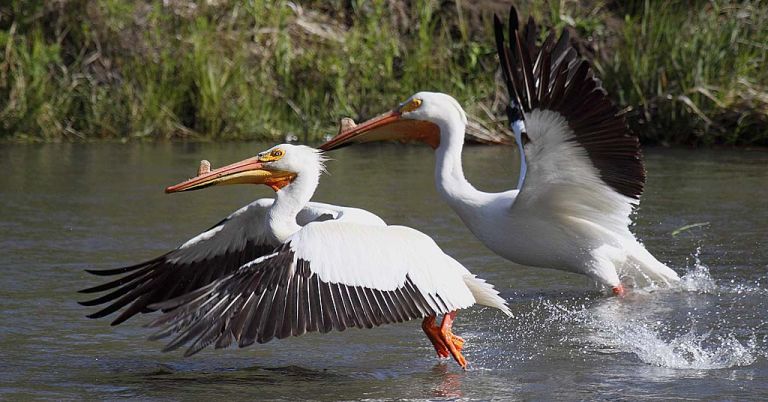As a new strain of the bird disease hits the Northwest, wildlife agencies and care centers describe “a very sad and difficult situation.”
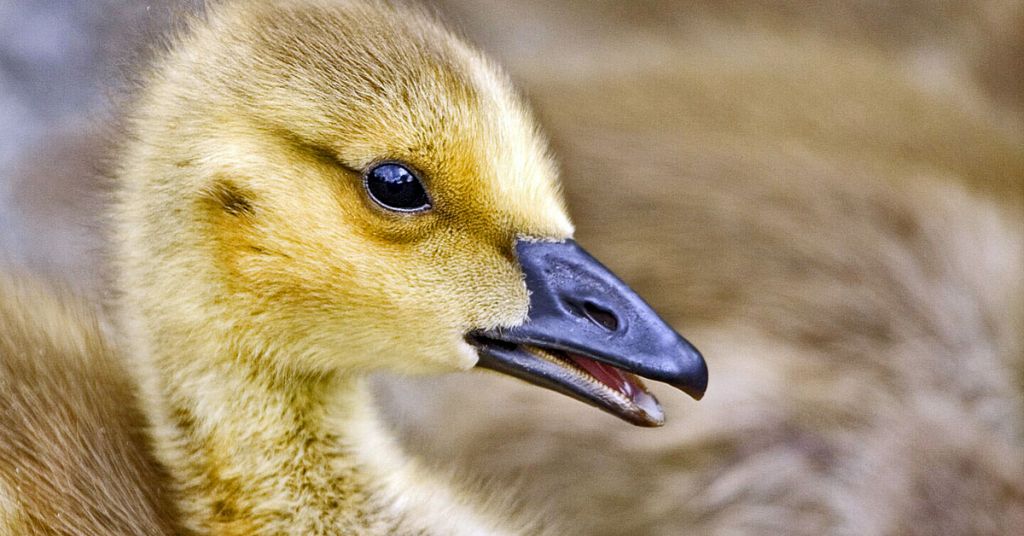
Early detection: Avian flu was discovered in Canada Goose goslings in Eugene in May. File photo: Alan D. Wilson/www.naturespicsonline.com
By Jordan Rane, June 6, 2022. Attention bird Samaritans. If you happen upon an injured or abandoned baby bird this spring—or any winged creature in distress—don’t collect it and bring it to your nearest wildlife refuge.
That’s the message of a joint news release issued by the Oregon Department of Fish and Wildlife and Portland Audubon Society. The agencies issued the “stand down” request due to an outbreak of highly pathogenic avian influenza (HPAI).
The country’s latest outbreak of avian flu, an extremely contagious viral disease impacting both wild and domestic birds, has infected 68 species across 40 U.S. states since the beginning of the year.
“The risk of avian flu spreading to other birds in the wildlife rehab clinic is too high,” said Portland Audubon’s Wildlife Care Center Manager Stephanie Herman in the release. “Our goal is to serve all native wild animals in need of help, so this is a very sad and difficult situation.”
Spread across region expected
Believed to have entered North America via infected migrating waterfowl in Newfoundland, Canada, in late 2021, HPAI was first detected in Oregon on May 10 at Eugene’s Alton Baker Park. Wildlife officials reported several Canada Goose goslings testing positive in the park.
An infected red-tailed hawk and osprey were also confirmed in the Eugene area last month, along with the state’s first cases in backyard poultry flocks in Linn and Lane Counties.
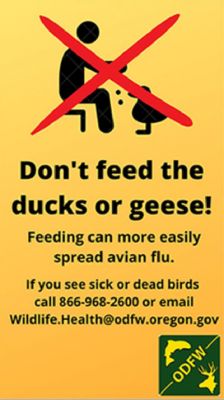
HPAI infections have also been detected in Washington and Idaho.
Experts suspect the early detections in the southern Willamette Valley are signs of a much larger outbreak in the state, which ODFW biologists expect will spread further over the next several weeks.
“We’re hoping this situation is temporary and normal rehabilitation operations return by mid-summer,” added Herman in the release.
Which species affected?
The virus currently circulating throughout the Columbia River Basin can sicken or kill many bird species, including chickens, ducks and turkeys.
It’s commonly carried by waterfowl, shorebirds, raptors and scavenging species—including sandpipers, pelicans, eagles and crows—which often may not show symptoms.
This strain of avian flu isn’t known to threaten songbirds, says ODFW, which nevertheless recommends keeping bird feeders clean and removing them if sick or dead birds have been found in the area.
The agency also emphasizes the importance of not feeding any waterfowl at this time, as it can spur bird congregation and increase the spread of infection.
Though highly contagious and deadly for some birds, the risk to human health is low according to the Centers for Disease Control and Prevention.
In Oregon, sick or dead birds can be reported by emailing Wildlife.Health@odfw.oregon.gov or calling 866-968-2600.


